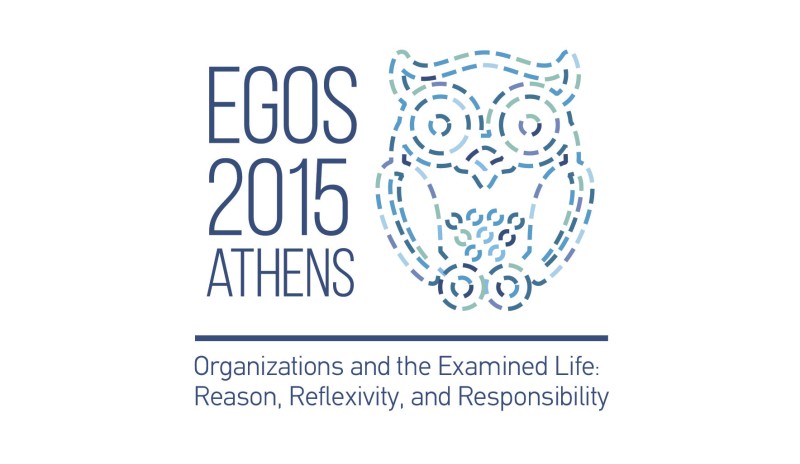Sub-theme 08: (SWG) History, Institutions and Institutional Change
Call for Papers
The important role that institutions play for all forms of organizations has been recognized in a wide variety of
disciplines. Douglass North's (1990) book on the nature of institutional change in economic history was influential in both
economics and history. Likewise has among others the article by DiMaggio and Powell's (1983) been significant in sociology
and organization studies. Nevertheless, the nature of institutional change has remained a heavily contested subject that has
not seen the same degree of theoretical and empirical development.
Institutional change is by its very definition
a process that unfolds over long time periods with fundamentally unpredictable outcomes that can only be properly evaluated
with hindsight. Because institutional change is a fundamental feature in historical research, many historians do not necessarily
define or reflect on this as a research phenomenon in its own right. As a result many research debates in organization studies
have remained curiously a-historical when developing the antecedents, outcomes and mediating factors for processes of institutionalization,
institutional maintenance, and deinstitutionalization (Dacin et al., 2010).
Nevertheless, between these two extremes
there are many processes of institutional change in organizations that develop over time periods that are too long to research
with the standard methods of qualitative social science such as questionnaires, interviews or participant observations. Here
some historical approaches based on archival research or oral history may create more interesting research designs (Farjoun,
2002). Historical theory also has different insights to offer organization studies (Rowlinson et al., 2014). It is in these
areas that management and organizational history could contribute by investigating phenomena from a more long-term perspective.
We hope to attract papers with a long-term perspective focusing on individual institutions as well as on fields
of institutions. We envisage that papers will be empirically rich, but also they are linked to current institutional theories.
References
- Dacin, M.T., Munir, K., & Tracey, P. (2010): "Formal dining at Cambridge colleges: Linking ritual performance and institutional maintenance." Academy of Management Journal, 53 (6), 1393–1418.
- DiMaggio, P.J., & Powell, W.W. (1983): "The iron cage revisited: Institutional isomorphism and collective rationality in organizational fields." American Sociological Review, 48 (2), 147–160.
- Farjoun, M. (2002): "The dialectics of institutional development in emerging and turbulent fields: The history of pricing conventions in the on-line database industry." Academy of Management Journal, 45 (5), 848–874.
- North, D.C. (1990): Institutions, Institutional Change and Economic Performance. Cambridge: Cambridge University Press.
- Rowlinson, M., Hassard, J., & Decker, S. (2014): "Research strategies for organizational history: A dialogue between historical theory and organization theory." Academy of Management Review, 39 (3), 250–274.


